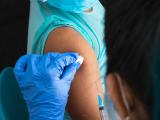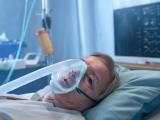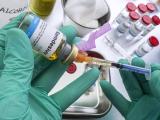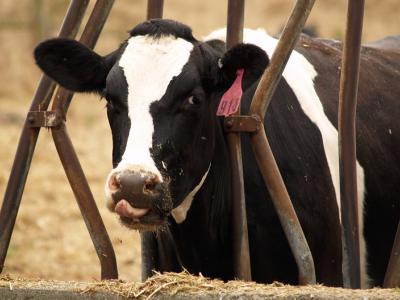A meta-analysis of 41 long-COVID studies identifies female sex, older age, obesity, smoking, underlying medical conditions, and previous hospitalization or intensive care unit (ICU) admission as risk factors for developing the condition, while two-dose vaccination was protective.
In the meta-analysis, published today in JAMA Internal Medicine, a team led by Norfolk and Norwich University Hospital in the United Kingdom searched the Medline and Embase databases for studies on long-COVID risk factors, protective factors, and clinical predictors published up to December 5, 2022.
The researchers noted that previous studies on long-COVID risk factors have involved relatively few patients and that wide discrepancies in the published data have yielded unclear results.
"Not only is it important to recognize which individuals may be at high risk of developing PCC [post-COVID condition] and to offer follow-up care; it is imperative to plan population-level public health measures," they wrote.
Hospitalization, ICU stay more than double the risk
The 41 studies of 860,783 hospitalized and nonhospitalized patients revealed several risk factors for long COVID, including female sex (odds ratio [OR], 1.56), age older than 40 years (OR, 1.21), obesity (OR, 1.15), smoking (OR, 1.10), chronic conditions (OR, 2.48), and previous hospitalization (OR, 2.48) or ICU admission (OR, 2.37). But patients who had received two doses of COVID-19 vaccine had a significantly lower risk of long COVID than those who weren't vaccinated (OR, 0.57).
Underlying medical conditions significantly associated with long COVID were anxiety and/or depression (OR, 1.19), asthma (OR, 1.24), chronic obstructive pulmonary disease (COPD; OR, 1.38), diabetes (OR, 1.06), suppressed immune system (OR, 1.50), and ischemic heart disease (OR, 1.28).
Taking a holistic approach
Some researchers have proposed that the link between female sex and long COVID may be due to hormones, which may perpetuate the hyperinflammatory status of the acute phase of COVID-19, the authors noted, adding that greater production of immunoglobulin G antibodies in females during infection could also have a role.
Obesity may be associated with long COVID because the two conditions share a metabolic pro-inflammatory condition that promotes a longer duration of signs and symptoms, the researchers said. And "smoking has been shown to be a significant risk factor for both PCC and severe acute COVID-19 infection," they wrote. "However, it is unclear whether smoking per se or the associated severe illness predisposes this cohort of patients to higher risk of PCC."
The tie between hospitalization or ICU admission suggests that critically ill COVID-19 patients' follow-up should include intensive plans for prevention, rehabilitation, and treatment of symptoms, the researchers said.
COVID-19 vaccination, they said, has benefits beyond that of preventing and ameliorating infection. "Importantly, emerging evidence suggests that vaccination reduces the risk of PCC and its sequelae even in individuals with other risk factors, such as older age or high BMI [body mass index]," they wrote.
The authors concluded by saying that long-COVID patients may need long-term support but that substantial pandemic-related health system burdens may not always allow this.
Emerging evidence suggests that vaccination reduces the risk of long COVID and its sequelae even in individuals with other risk factors, such as older age or high body mass index.
"Given these results, a holistic approach and integrated care pathways may enable suitable support for patients who develop PCC and may allow physicians to be better prepared to care for patients at high risk of developing PCC," they wrote.


















